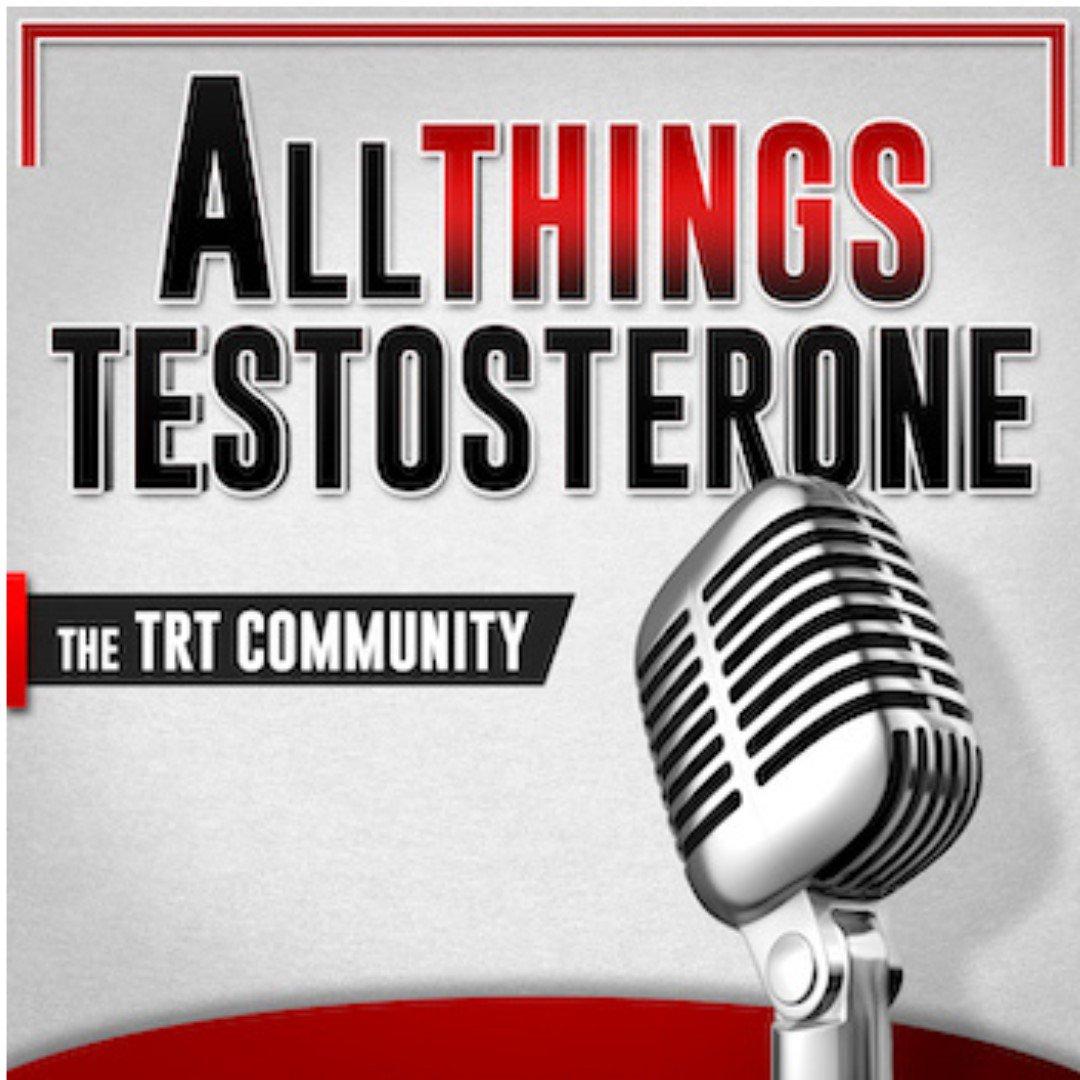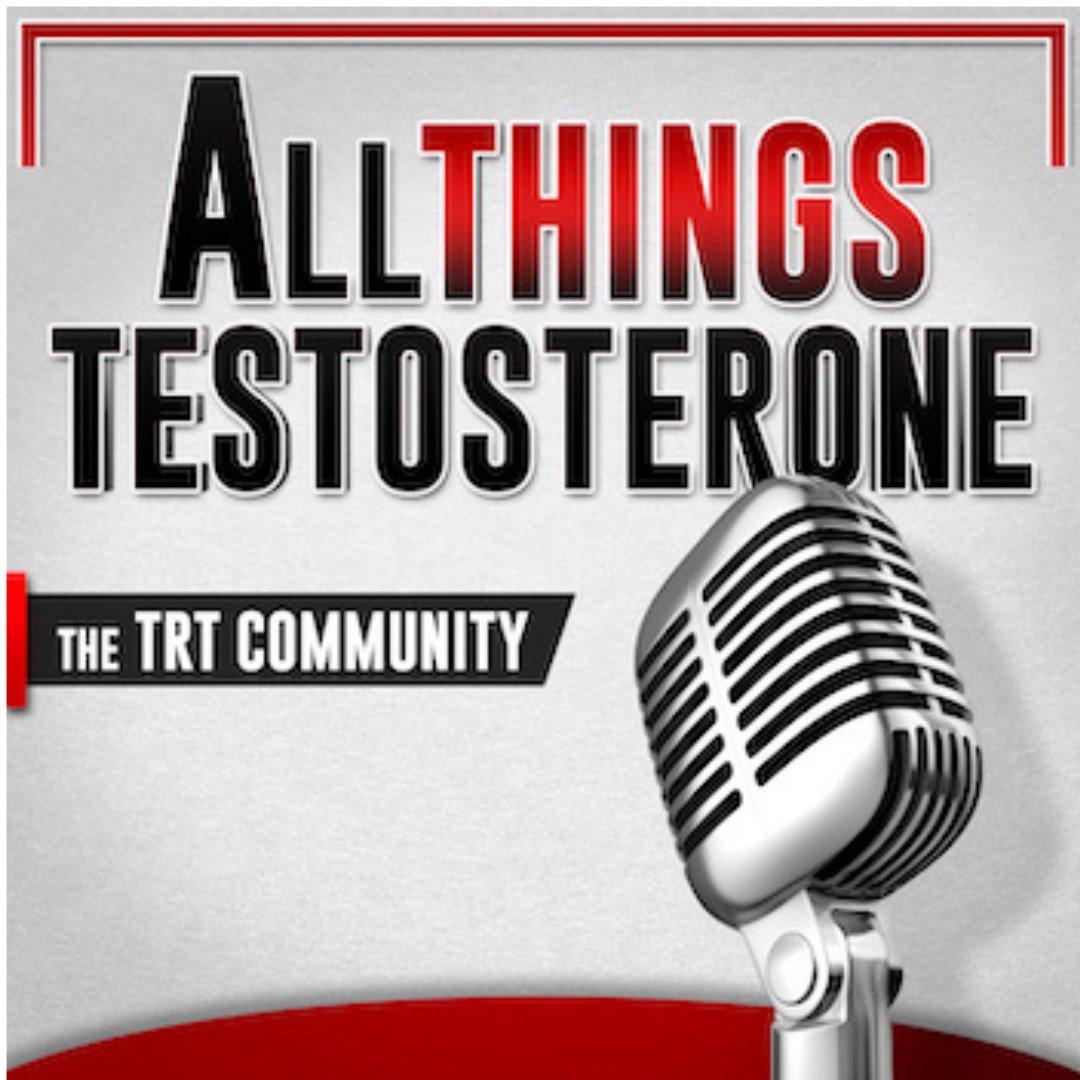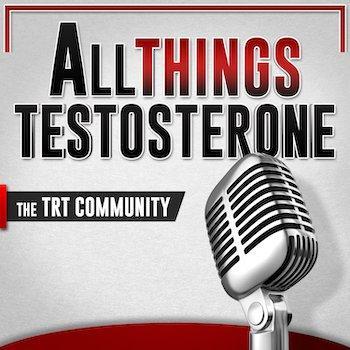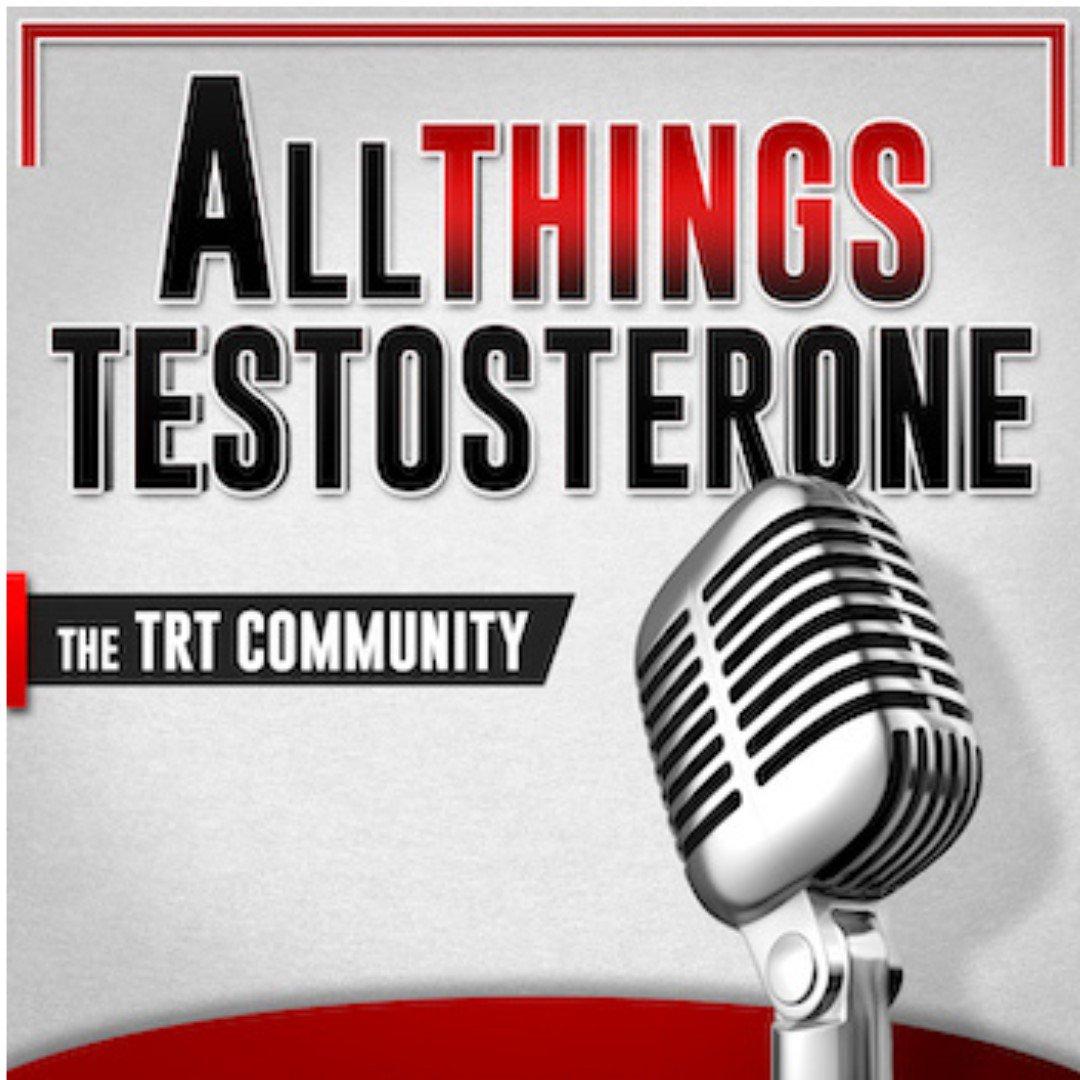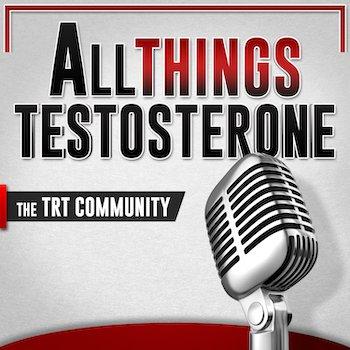Just the Tip: How Testosterone Works 113
Description
Testosterone is a hormone that belongs to a group of hormones called androgens, which are responsible for the development and maintenance of male sexual characteristics. Testosterone is primarily produced in the testes in males, although it is also produced in smaller amounts in the adrenal glands in both males and females.
Testosterone exerts its effects in the body by binding to androgen receptors, which are present in various tissues throughout the body. Once testosterone binds to these receptors, it can enter the cell and interact with the cell's DNA, leading to changes in gene expression and protein synthesis. This, in turn, results in a wide range of physiological effects on different tissues and organs in the body.
Some of the key functions of testosterone in males include:
-
Development of male sexual characteristics: During puberty, testosterone stimulates the development of primary and secondary male sexual characteristics, such as the growth of the testes, penis, and scrotum, deepening of the voice, growth of facial and body hair, and increased muscle mass.
-
Sperm production: Testosterone is necessary for the production of sperm in the testes, which is essential for fertility.
-
Muscle and bone growth: Testosterone helps to stimulate protein synthesis, leading to increased muscle mass and bone density.
-
Regulation of mood and cognition: Testosterone can influence mood, cognitive function, and energy levels, although the mechanisms underlying these effects are complex and not fully understood.
-
Regulation of red blood cell production: Testosterone stimulates the production of red blood cells in the bone marrow, which helps maintain normal hematocrit levels.
It's important to note that testosterone levels in the body are regulated by a complex feedback system involving the hypothalamus, pituitary gland, and testes. Testosterone replacement therapy (TRT) is a medical intervention that involves supplementing testosterone in individuals with low testosterone levels, under the guidance of a healthcare professional. TRT can be used to treat certain medical conditions related to testosterone deficiency, but it should always be done under the supervision of a qualified healthcare provider, as improper use of testosterone or other androgens can have potential risks and side effects.


